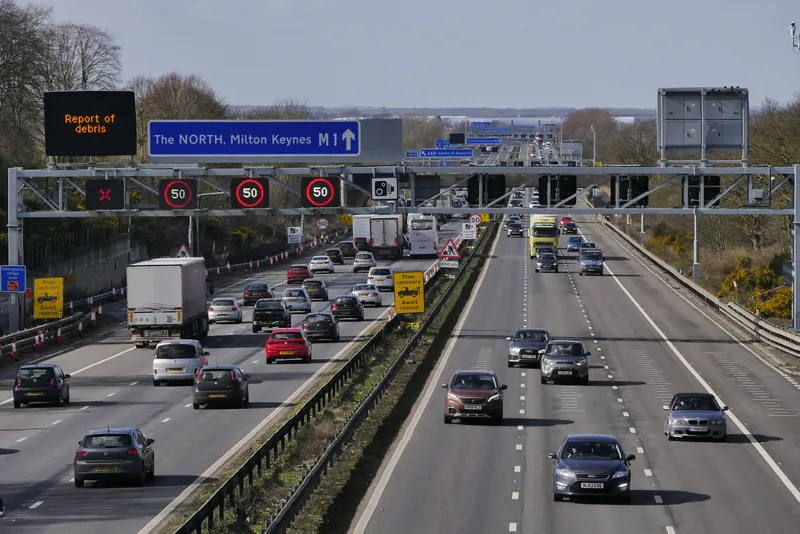A road safety project carried out in the port city of Odessa has won a key award. The Prince Michael International Road Safety Award 2013 was presented by Prince Michael of Kent in St Petersburg. The project was financed by the European Union and was run between June and November 2011. Following the safety campaign, an analysis of data revealed a major improvement in road safety in the country. In 2010 the largest cause of road death was speeding, accounting for 36% of the fatalities. Also the wearing of se
May 22, 2013
Read time: 2 mins

A road safety project carried out in the port city of Odessa has won a key award. The Prince Michael International Road Safety Award 2013 was presented by Prince Michael of Kent in St Petersburg. The project was financed by the 1116 European Union and was run between June and November 2011. Following the safety campaign, an analysis of data revealed a major improvement in road safety in the country.
In 2010 the largest cause of road death was speeding, accounting for 36% of the fatalities. Also the wearing of seat belts is very low, around 20% of front seat passengers. The data showed that young male drivers were most likely to speed and to not wear seatbelts. To tackle this issue, a campaign was developed by a local advertising agency using several Russian language social networks. This was supported by leaflets handed out at traffic junctions. A crucial role was played by the local police who focused strongly on enforcement of speeding violations. The social network campaign was run during June 2010, and in an area of 2.5 million people, there were 270,000 hits on the web page, 63% of which were young men. Speeding related injury accidents were down by 32% (year-on-year) in one month, while speeding offences dropped by over 32%.
The local police carried out large counts of seat belt wearing at the beginning and the end of the campaign. During the two months of the second campaign seat belt wearing increased from just over 20% to just under 40%. In the following months following the campaign in June the project monitored the continuing effect on road deaths from speeding, and until the end of 2011, the year on year reduction in road deaths in Odessa was double the national average.
In 2010 the largest cause of road death was speeding, accounting for 36% of the fatalities. Also the wearing of seat belts is very low, around 20% of front seat passengers. The data showed that young male drivers were most likely to speed and to not wear seatbelts. To tackle this issue, a campaign was developed by a local advertising agency using several Russian language social networks. This was supported by leaflets handed out at traffic junctions. A crucial role was played by the local police who focused strongly on enforcement of speeding violations. The social network campaign was run during June 2010, and in an area of 2.5 million people, there were 270,000 hits on the web page, 63% of which were young men. Speeding related injury accidents were down by 32% (year-on-year) in one month, while speeding offences dropped by over 32%.
The local police carried out large counts of seat belt wearing at the beginning and the end of the campaign. During the two months of the second campaign seat belt wearing increased from just over 20% to just under 40%. In the following months following the campaign in June the project monitored the continuing effect on road deaths from speeding, and until the end of 2011, the year on year reduction in road deaths in Odessa was double the national average.






